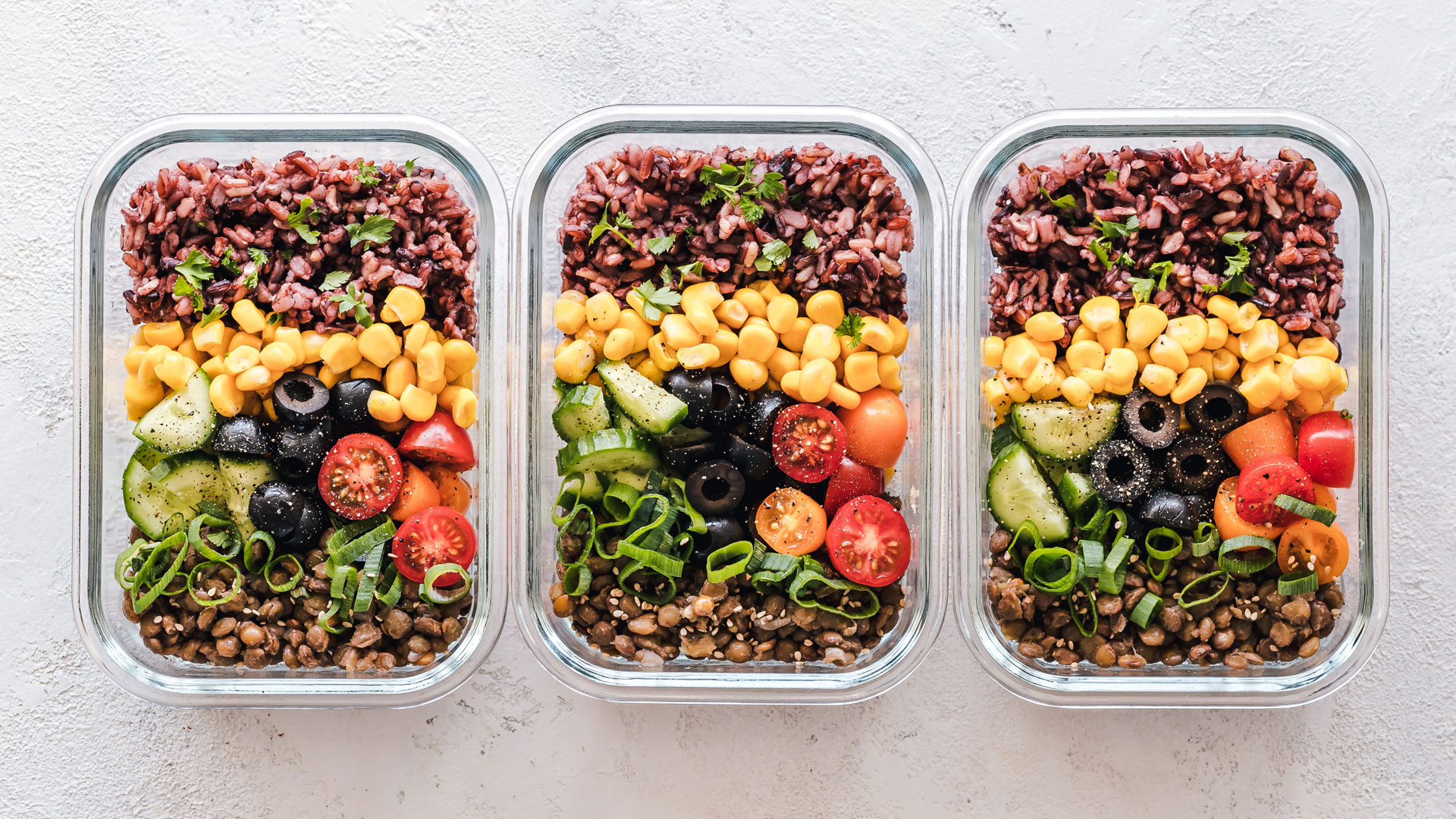
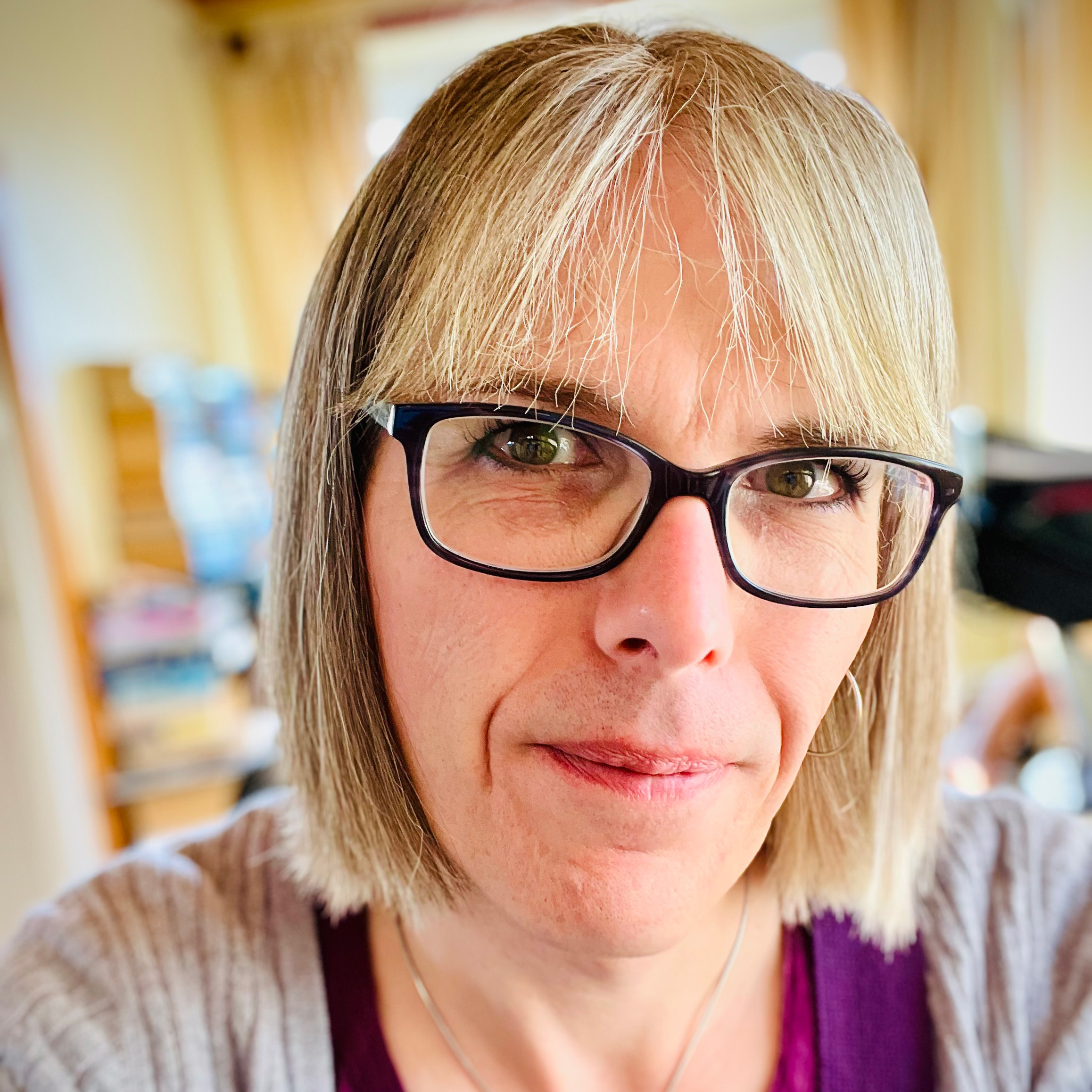
Prone to productivity slumps during the day? It's probably down to your workplace eating habits, and as most of us gradually migrate back to the office, now's the time to start thinking about what you consume at your desk and how it can be stopping you getting stuff done.
Just Eat for Business recently conducted a Productivity Pick-Me-Ups study in conjunction with nutrition experts to discover where we're going wrong with our workplace food, and what we should be eating instead. And while we're all pretty much aware that a box of Krispy Kremes will inevitably result in a serious slump an hour or so later as you nod off at your desk, there are plenty more harmless-looking snacks that can hit your productivity just as hard.
- Naturally early risers are less likely to suffer from depression, study finds
- Eat yourself happy to reduce stress and improve your mood
- Why your breakfast is making you even more stressed
Nutritional no-nos

That healthy-looking breakfast you grabbed on the way into work? It may not be quite as good for you as you might think. Some of the worst foods for causing lethargy and poor mental health are highly- and ultra-processed foods, and those with added sugar and artificial sweeteners. And guess what? That breakfast cereal could easily fall into those categories and leave you needing an extra cup of coffee to boost your energy levels.
And that brings us to another red flag: caffeine. "Caffeine can be an excellent cognitive enhancer," says Dr. Craig Duncan, Human Performance Strategist at PIA. "However, it should not be used as a band-aid for poor sleep. A coffee after lunch, in the morning and mid-afternoon can enhance performance - but try not to have caffeine after 3-4pm as it can and will harm sleep."
It even turns out that a salad from a high street chain for lunch might not be as good for you as you think. According to Dr. Uma Naidoo, a board-certified psychiatrist at Harvard Medical School and nutrition specialist, they come with their own dangers. "Unfortunately," she says, "most of these restaurants use highly processed vegetable oils and added sugars for their dressings which are inflammatory and quite harmful for your mental health. So what seems to be a healthier choice may not be."
For Dr. Naidoo, eating an anti-inflammatory diet is a key part of maintaining energy levels. "Low-grade inflammation flips off a metabolic switch in the chemical pathway that produces energy," she says. "The result is not only lower energy but an impact on insulin sensitivity and an increase in toxic free radicals that damage brain tissue."
How to eat more healthily
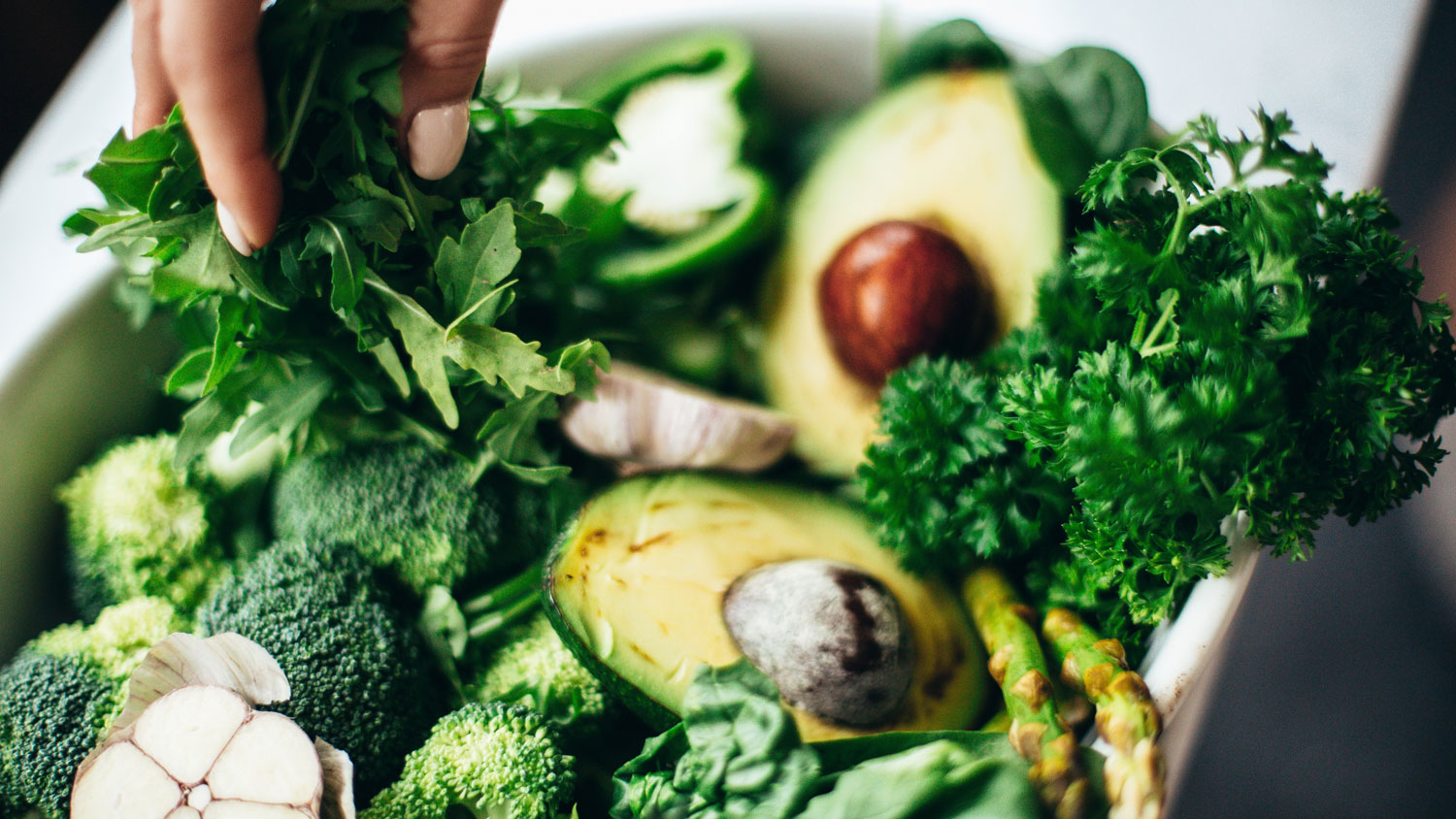
She recommends a diet rich in colourful, non starchy vegetables that add polyphenols, which fight inflammation, stabilise your insulin levels and nurture your brain, gut microbiome and overall body. Polyphenol-rich foods include cauliflower, carrots, red pepper and cabbage, and you'll be delighted to note that dark chocolate's on the list too. She also recommends a constant supply of omega-3-fatty acids for your mental health; the likes of extra virgin olive oil, olives, avocadoes, chia seeds, hazelnuts, almonds and macadamias will keep your brain happy.
Sign up to the T3 newsletter for smarter living straight to your inbox
Get all the latest news, reviews, deals and buying guides on gorgeous tech, home and active products from the T3 experts
Dr Naidoo suggests that it's partly up to employers to help their staff eat healthily during the working day – as well as being in their own best interests. "By supporting employees with healthy food choices, including lunch breaks, and even perhaps offering some healthy fresh snacks, employers will see the economic value in return," she points out. "They will have an energetic, committed, strong and mentally fit community working for their company. Instead of biscuits and chips, having fresh fruit, crudite, hummus, plain mixed nuts and plain yogurt (top with frozen berries and some nuts and cinnamon) are better options."
Want to know more? You can read all the findings of Just Eat for Business's Productivity Pick-Me-Ups study here.
Jim is a freelance writer who has been largely occupied with writing about the mattress industry for the past few years. Jim spent most of 2023 working as Sleep Editor on TechRadar and learning more about mattresses than they ever wanted to know. Jim has also covered graphic design, politics, films and web design, as well as writing promotional material and video scripts for tech and video game companies.
-
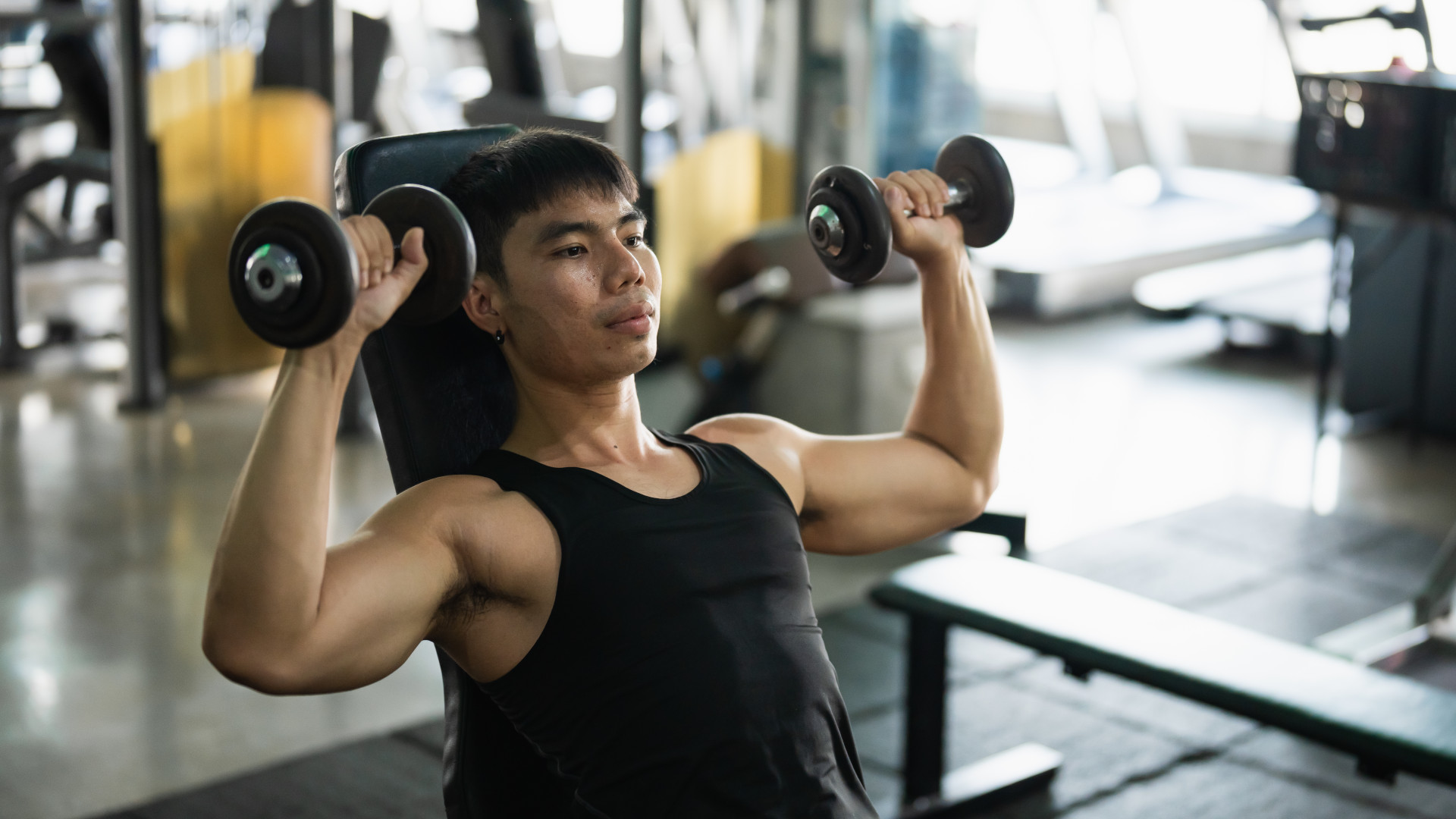 3 overrated shoulder exercises, according to a fitness expert (and what to do instead)
3 overrated shoulder exercises, according to a fitness expert (and what to do instead)Sculpt 3D shoulders whilst minimising injury with these three alternative exercises
By Bryony Firth-Bernard Published
-
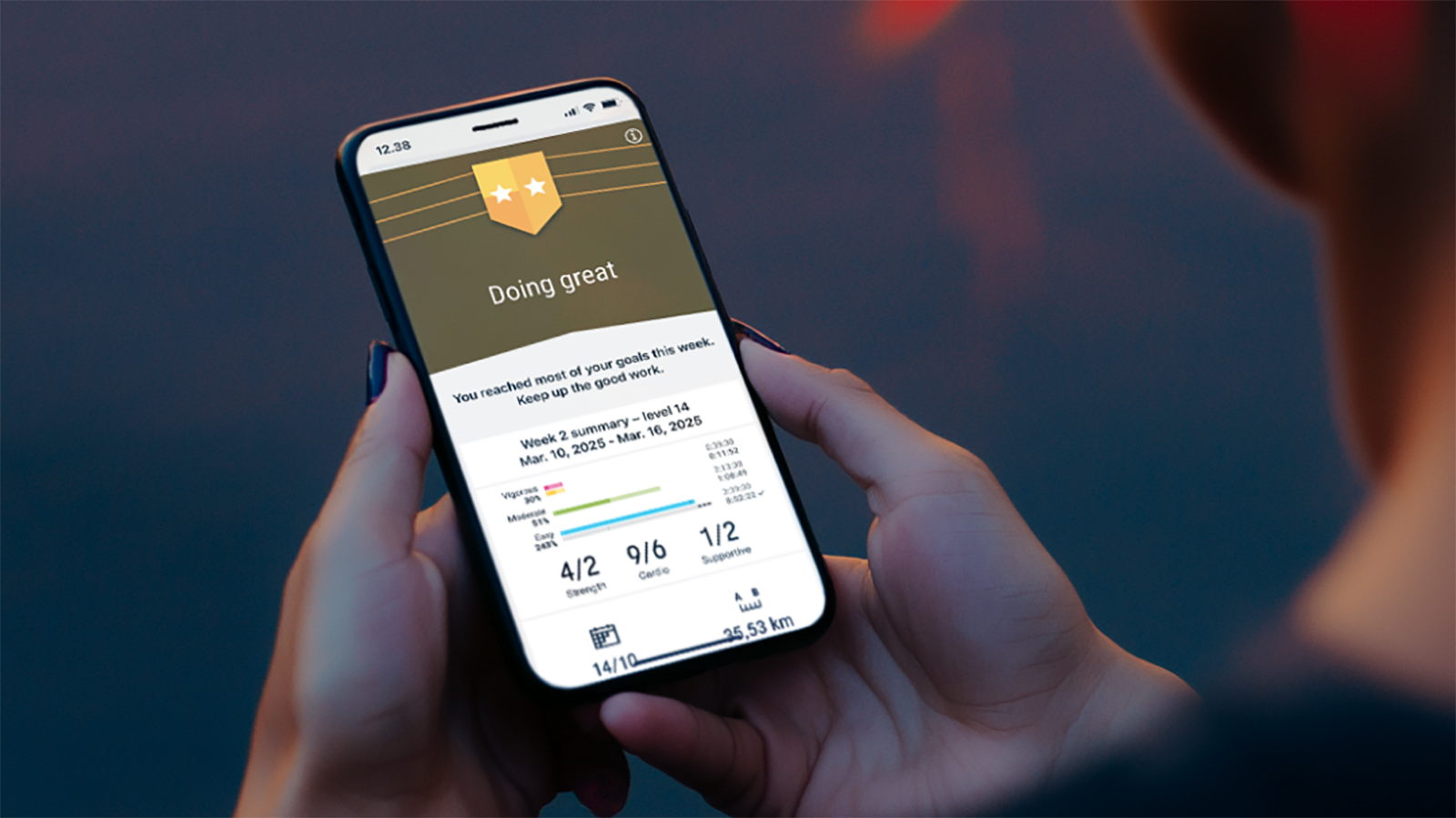 Polar’s new subscription feature lands in the shadow of Garmin’s Connect+ rollout
Polar’s new subscription feature lands in the shadow of Garmin’s Connect+ rolloutPR genius or timing disaster? Polar’s new Fitness Programme adds adaptive training to its ecosystem
By Matt Kollat Published
-
 I spent 6 weeks with the FoodMarble Aire 2: here’s what I learned about my gut health
I spent 6 weeks with the FoodMarble Aire 2: here’s what I learned about my gut healthI’ve been testing the clever breath-testing gadget with the companion app over several weeks to find out if it delivers on its promises
By Lee Bell Published
-
 Oil pulling is going viral on TikTok for stopping morning breath – but does it actually work?
Oil pulling is going viral on TikTok for stopping morning breath – but does it actually work?4 hacks that prevent morning breath, according to a sleep expert
By Bethan Girdler-Maslen Published
-
 These limited edition McLaren x Loop earplugs are what you need for Formula 1 season
These limited edition McLaren x Loop earplugs are what you need for Formula 1 seasonMcLaren teams up with Loop on limited edition noise-reducing earplugs
By Bethan Girdler-Maslen Published
-
 3 reasons why you wake up at 3am every night – and how to avoid it
3 reasons why you wake up at 3am every night – and how to avoid itAlways waking up in the middle of the night? This could be why…
By Bethan Girdler-Maslen Published
-
 Therabody experts give 7 tips for perfecting your sleep routine for World Sleep Day
Therabody experts give 7 tips for perfecting your sleep routine for World Sleep DayFrom breathing exercises to sleep masks, here’s how to prioritise sleep, according to experts
By Bethan Girdler-Maslen Published
-
 Loop Dream review: super soft earplugs to help you snooze soundly, even if you’re a side sleeper
Loop Dream review: super soft earplugs to help you snooze soundly, even if you’re a side sleeperSquishy silicone and uniquely shaped ear tips take Loop’s nighttime earplugs to dreamy heights
By Joanna Ebsworth Published
-
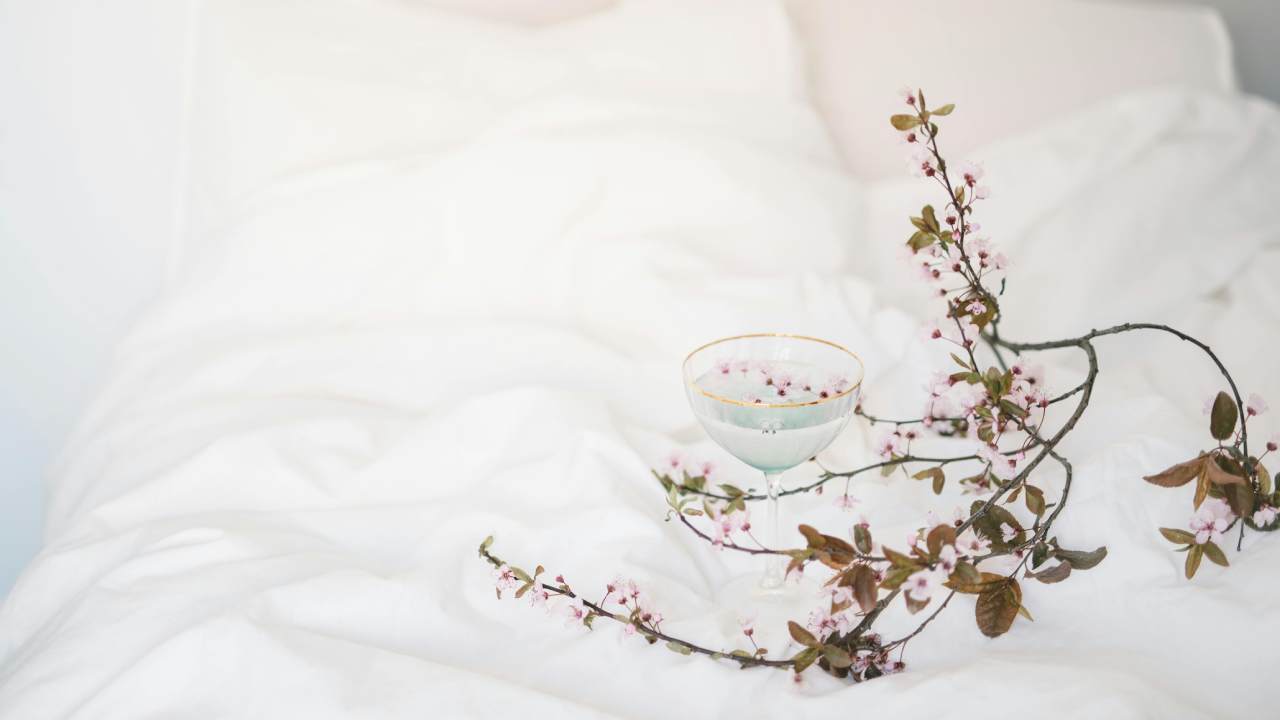 Can’t get to sleep? Grounding bed sheets could be the answer – but I need convincing
Can’t get to sleep? Grounding bed sheets could be the answer – but I need convincingIs this the future of sleep tech?
By Bethan Girdler-Maslen Published
-
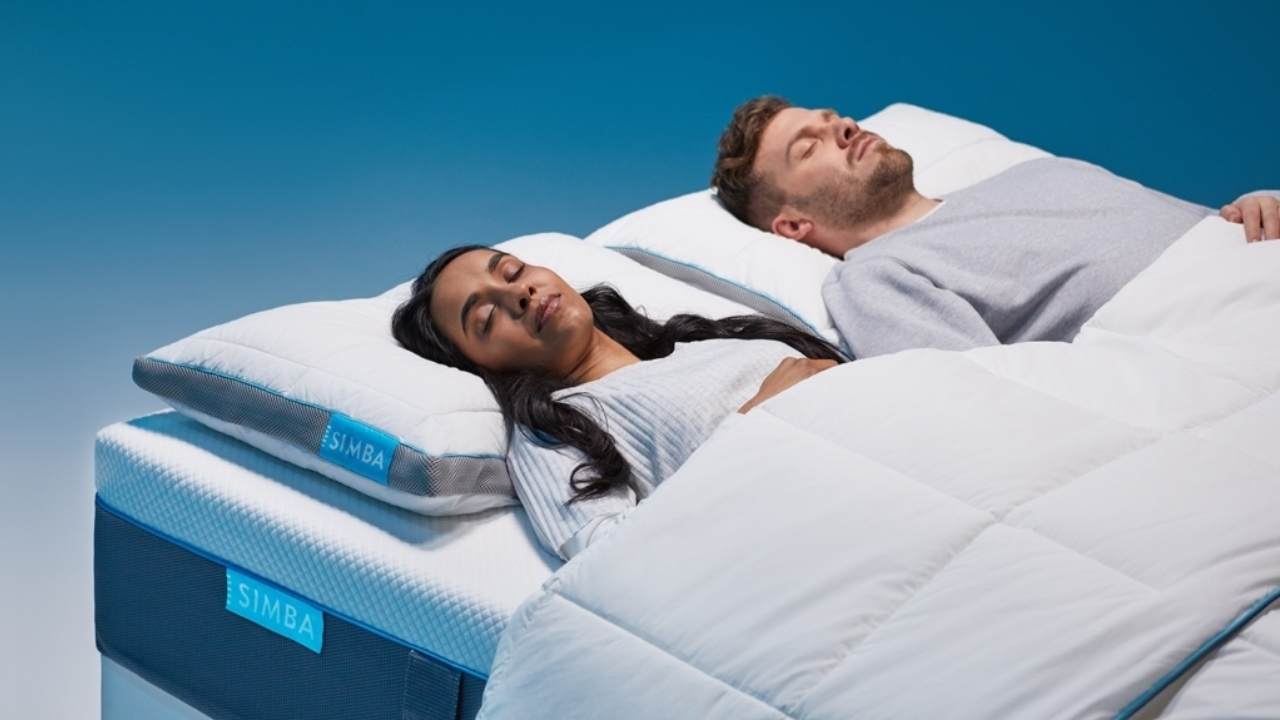 Simba reveals 3 shocking signs of sleep deprivation on the body
Simba reveals 3 shocking signs of sleep deprivation on the bodySimba’s latest study reveals the main physical effects of sleep deprivation
By Bethan Girdler-Maslen Published